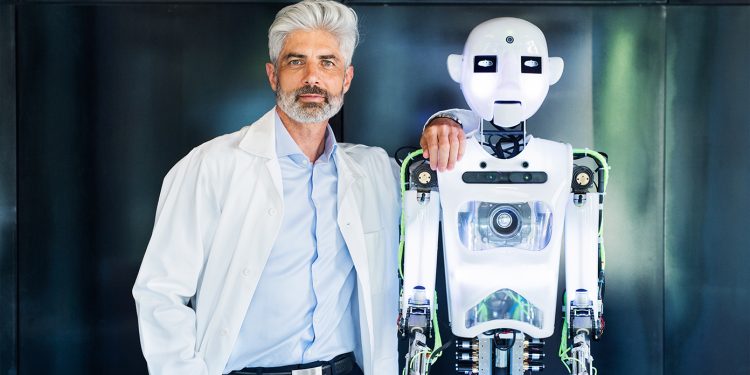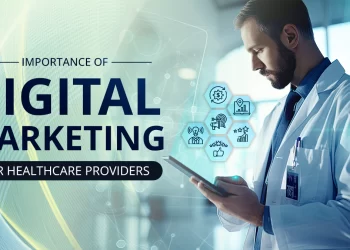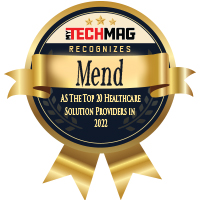The endless opportunities to leverage technology for making precise, impactful and efficient interventions at the right moment in a patient’s care can cure them of chronic diseases, cancer alongside making the likes of radiology and risk assessment easy. Artificial intelligence is one such technology that has been deemed as the biggest game-changer for the healthcare industry. Its transformational force is all set to impact the healthcare arena leaps and bounds.
Artificial intelligence provides numerous advantages over traditional analytics and clinical decision-making techniques.
Continuous Care:
Some of them being how learning algorithms can be transformed into more precise and accurate way as they communicate with training data, allowing humans to gain unprecedented insights into diagnostics, care processes, patient outcomes, and treatment variability. One can say that as payment structures develop, patients are demanding more from their providers. There is an endless volume of data available which continues to increase at an astounding rate, and artificial intelligence is poised to be the engine that drives improvements across the care continuum.
Curing Neurological Disorder:
Artificial intelligence has also paved a breakthrough for neurological diseases and trauma to the nervous system which can take away some patients’ abilities to speak, interact and move meaningfully alongside humans and their environments. Backed by artificial intelligence the brain-computer interfaces (BCIs) could restore those crucial experiences to patients who feared they were lost forever.
Expanding Radiology:
On the other hand, radiological images obtained by CT scanners, MRI machines and x-rays provide non-invasive distinctness into the inner workings of the human body. However, still, numerous diagnostic processes are relying on the physical tissue sampling which can only be procured via biopsies that in turn carry risks including the probability for infection. Experts predict that artificial intelligence will enable the next generation of radiology tools that are precise and detailed enough to supersede the need for tissue samples in some cases.
Virtual Reality:
This is not all, the US healthcare arena can see artificial intelligence’ assistance to enable virtual biopsies and to advance the innovative field of radio mics. This will be focused on harnessing image-based algorithms to characterize the phenotypes and genetic properties of tumors.
The answer to Staff Crunch: Meanwhile, US healthcare is also plagued by shortages of trained healthcare providers, including ultrasound technicians and radiologists. This has significantly limited access to life-saving care in developing nations around the world. For example, the number of radiologists working in the half-dozen hospitals in the Boston area is more than that of West Africa. Here, artificial intelligence could help reduce the impacts of this severe dearth of the much-educated staffs by taking over the essential duties that have been assigned to human beings. For example, AI imaging tools can through screen chest x-rays be accurate of a patient’s signs of tuberculosis hence making the diagnosis easier. This ability can also be made available through smartphone apps in areas where resources are limited thus reducing the need of trained diagnostic radiologist in such remote locations.
Redefining EHR/EMR:
Electronic health record data is another important sector that is being heavily influenced by artificial intelligence. EHRs have played an influential role in the healthcare industry’s journey towards digitalization, but the switch has brought a plethora of problems associated with cognitive overload, user burnout, and endless documentation. Artificial Intelligence is assisting EHR developers to produce more perceptive interfaces and mechanize some of the habitual processes that devour the user’s time immensely. Incorporating artificial intelligence and machine learning tools can assist in offering such analytics can develop accuracy and create faster alerts for healthcare providers. One can say, healthcare providers are already preparing themselves to embrace artificial intelligence.
Leveraging artificial intelligence for early alerting, decision making and assessing risk are the most promising areas of this ground-breaking technologies. Artificial intelligence is welcoming a new era of clinical empowerment and quality by offering a gen-next set of machines and systems that make clinicians more aware of gradations and more proficient when providing care, and more likely to get ahead of enhancing problems.








